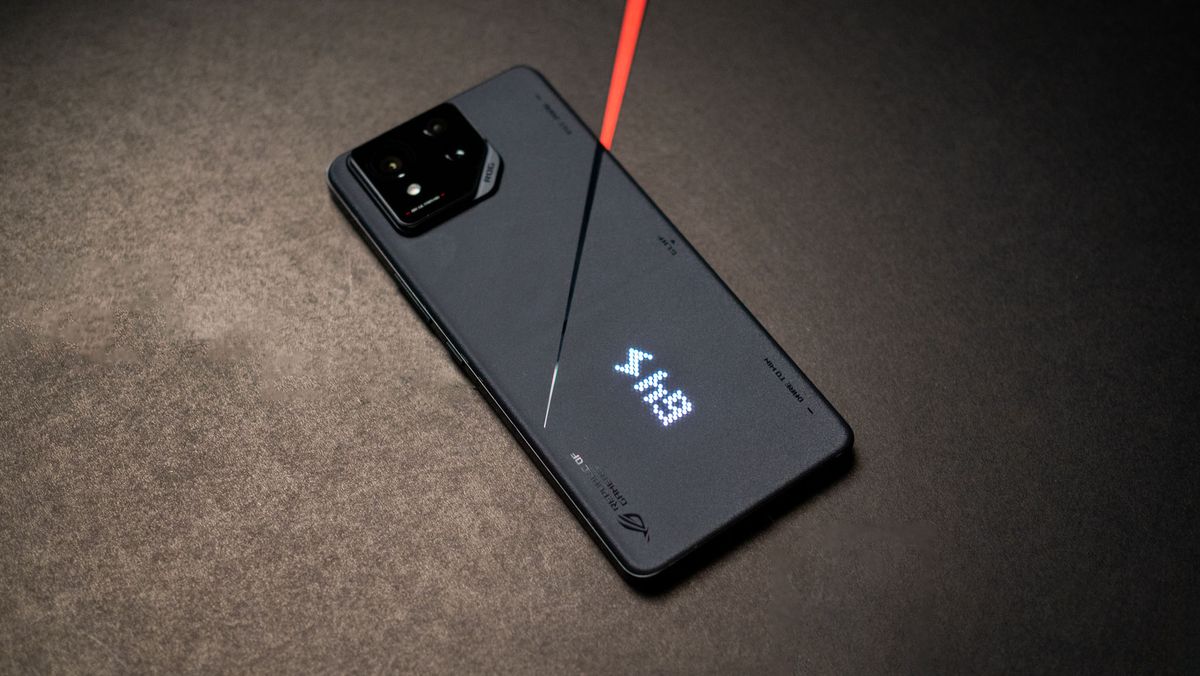Get the latest tech news
Your Phone Won’t Be the Next Exploding Pager
Thousands of beepers and two-way radios exploded in attacks against Hezbollah, but mainstream consumer devices like smartphones aren’t likely to be weaponized the same way.
Developing spyware and repeatedly finding new operating system vulnerabilities as older ones are patched is a resource-intensive process, but it is still less complicated and risky than conducting a hardware supply chain attack to physically compromise devices during or shortly after manufacturing. Unlike portable devices that were originally designed in the 20th century, the current generation of laptops and particularly smartphones are densely packed with hardware components to offer the most features and the longest battery life in the most efficient package possible. University of Surrey’s Woodward, who regularly takes apart consumer devices, points out that within modern smartphones there is very limited space to insert anything extra, and the manufacturing process can involve robots precisely placing components on top of each other.
Or read this on Wired/cdn.vox-cdn.com/uploads/chorus_asset/file/25628030/shine2.jpg)
